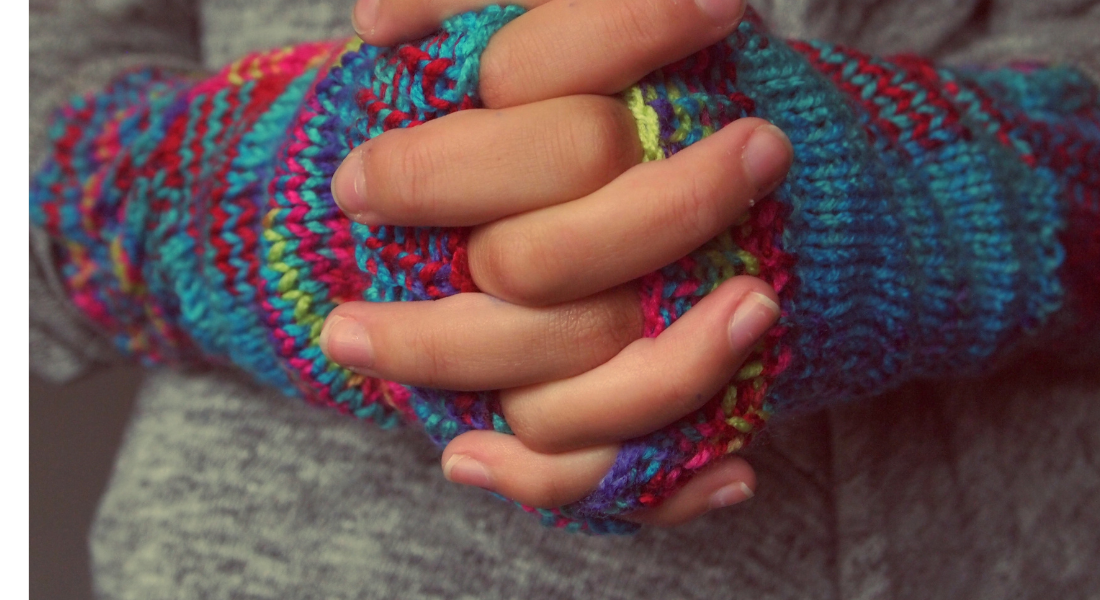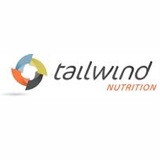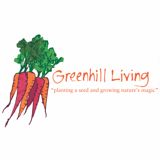Racing against Winter
Here in the Southern Hemisphere we are heading towards the winter solstice, the day of the year with the shortest period of daylight (around the 20th or 21st June); the darkest day and hopefully not the coldest.
Since heading into the winter months (dark, frosty, cold, wet) for some of us we have noticed our immune systems struggling to cope with the change, leaving us susceptible to infections and viruses such as the common cold and flu. Hello Kleenex and Oodie’s.
Regular and hard training on a good day will contribute to a suppressed immune system and mix that with cooler fresher mornings the chances are if you are slightly run down, your risks of getting sick are greatly increased.
Prevention is better than the cure
We are living in a time where the passing of infections and germs are literally under the microscope; we have never been more vulnerable and aware of our exposure to infections. However, as an athlete, after a hard training session your immune system has a period of impaired immunity, a period of 3 to 72 hours so during this ‘open window’ you need to be extra cautious and aware of your movements and who you are socialising with – if your friend you caught up for a post run coffee had a sniffle, well its more than likely you will end up with one too.
Here are some tips to help prevent illness or help you on the road to recovery if you are already hiding under the doona or snuggled up on the couch after calling in sick to work.
- Maintain optimal nutrition including key vitamin and mineral stores during this period; a diet rich in plant-based fare has never been so important
- Ensure adequate carbohydrate fuelling during and after long strenuous training sessions and workouts
- Consume a daily dose of probiotics
- Keep a distance from people coughing and sneezing
- Wash your hands before eating or after contact with sick people, public places and bathrooms
- Avoid touching your mouth, nose and eyes with your hands
- Use clean, disposable tissues to blow your nose, and put in the trash immediately after use
- Wear appropriate clothing to avoid getting overly cold and wet
- Get at least eight hours of sleep per night
- Keep stress to a minimum
Can’t stop the feeling
You followed the above and you still woke up with a sore throat, cough, runny nose and can’t stop sneezing. Now what?
Do you continue to train because you are accountable to the plan your coach wrote? Maybe….pushing through when your body is giving you the signs to rest can have some negative outcomes and delay the return to long term training so if need be now is the time to just take a breather and back off training for a day or two. What’s the saying….one step back, two steps forward?
When to stop training
If all your symptoms are above the neck; mild sore throat, stuffy nose and headache then light exercise maybe helpful. A light stretch session, yoga even a power walk.
If your symptoms are below the neck; very sore throat, fever, body chills and aches, vomiting etc then this is a sure sign your body is telling you the only training you should be doing is rest which includes sleeping, drinking plenty of fluids, warm bath, herbal remedies and eating a nourishing bowl of vegetable soup.
When to start training
Once you understand the benefits of movement and training, your body finds it hard to simply ‘not do’. You are eager to get back to your training regime, some regular consistency and continue to work towards your goals. But don’t rush, be present and listen to your body…if you start back too soon, you will end up where you started, back on the couch.
Wait one day after the ‘below the neck’ symptoms have eased before resuming the ‘road to recovery’ training and then take it day by day. Training should resume gradually until such a time as all of the symptoms disappear. If your listening, you will know when that will be, mindfulness is your friend here, mindfully listen.
Full training after fighting the lurgy should be back on track anywhere between four to seven days, not bad really considering you were feeling completely down and out on day one.
Boost your immunity
The best foods to eat when you’re sick has to be soups, broths and stews. These dishes are nutrient dense, full of flavour, hydrating and packed with immune boosting goodness to help fight the fight when it comes to winter illnesses. Other key foods to consume include:
- Garlic
- Ginger
- Turmeric
- Coconut water
- Herbal teas
- Spicy foods; chilli (but not if you have nausea or an upset stomach)
- Bananas
- Porridge oats
- Coconut yoghurt
- Fruits; berries
- Avocados
- Dark green leafy vegetables
Nourish from the inside out
Where possible try to avoid antibiotics and pharmaceuticals that play havoc with your microbiome and can lower your immune systems response. Instead, let food be thy medicine, foods with a rich nutrient content and foods that will help hydrate.
Plant-based foods are natures medicine and we encourage you to consume daily to help combat the winter colds & flus.











Leave a Reply